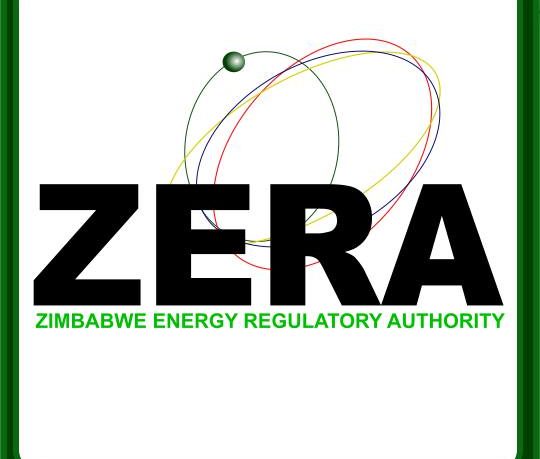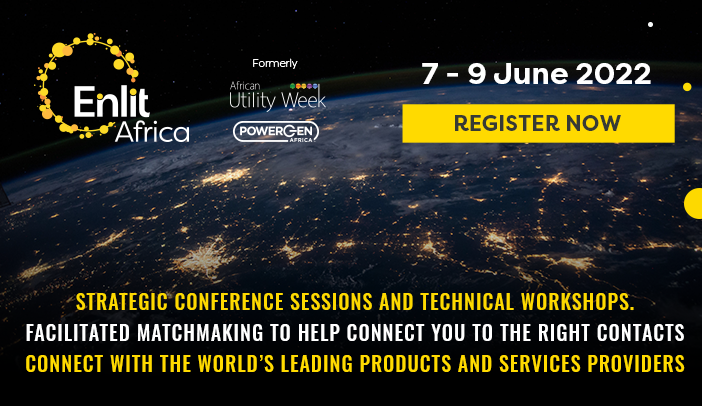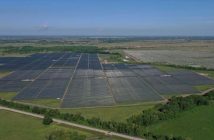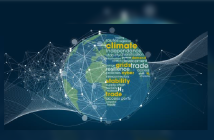- Zimbabwe Energy Regulatory Authority (ZERA) has, in terms of Section 53 of the Electricity Act and effective on the 1st of January 2022, increased electricity tariffs by 12.3%.
This will see families on pre-paid meters buying 200 units per month now paying $1265.11 including the 6% rural electrification levy, up from just under $1127.
There are five bands of discounted tariffs before the full $14.31 a unit comes into effect on all purchases over 400 units, although consumers can only have the advantage of the discounts on their first purchase each month. Subsequent purchases are charged at the full price.
Related news: In September 2021, Zimbabwe implimented 12 hour power cuts
The first 50 units cost $2.38 each, before the rural levy. So the full 50 will cost a domestic consumer on a pre-paid meter $126.14 including the rural electrification levy.
The 50 units is considered the bare minimum that a family needs for essential purposes and assumes that they do not heat water for washing with electricity.
Consumers on post-paid meters will pay similar charges plus an additional $35.68 monthly fixed charge. The fixed charge covers the extra administration costs with a meter that is not prepaid and at times the complications and costs of recovering a bad debt.
Author: Nomvuyo Tena
Nomvuyo Tena is a Content Producer at Clarion Events Africa and is as passionate about the energy transition in Africa as she is about music and Beyonce.
This article was originally published on ESI Africa and is republished with permission with minor editorial changes.
Zimbabwe’s energy sector will be a hot topic at Enlit Africa 2022














